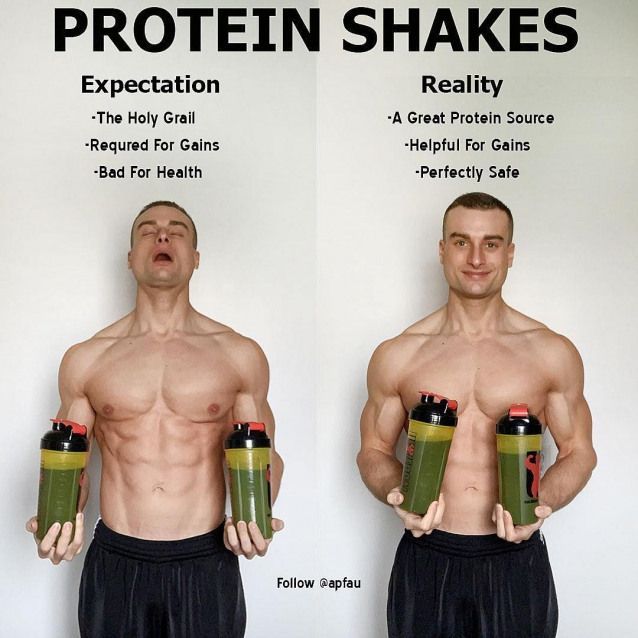
Athletes, whether professional or amateur, are constantly pushing their bodies to the limits to achieve peak performance. To support their training regimen, athletes must prioritize proper nutrition, with an emphasis on protein intake. Protein plays a vital role in muscle recovery and repair, making it an essential component of every athlete’s diet.
Understanding Muscle Recovery
Muscle recovery is the process through which muscles repair and rebuild themselves after intense exercise or physical activity. During strenuous workouts, muscle fibers undergo microscopic damage and experience protein breakdown. This damage triggers an inflammatory response, leading to muscle soreness and fatigue. Adequate protein consumption is key to optimize the recovery phase and facilitate muscle growth and strength gains.
The Role of Protein
Protein consists of amino acids, commonly referred to as the “building blocks” of muscle. When consumed, proteins are broken down into their constituent amino acids and transported to the muscles. These amino acids are then utilized to repair and rebuild damaged muscle tissue, supporting the growth and recovery process. Protein also helps to stimulate the production of new muscle fibers, aiding in muscle adaptation and overall performance enhancement.
Recommended Protein Intake
The recommended protein intake for athletes varies depending on factors such as training intensity, body weight, and sport. The general guideline is to consume 1.2 to 2.0 grams of protein per kilogram of body weight daily. Endurance athletes, such as long-distance runners or cyclists, often require the lower end of this range. In contrast, strength athletes, such as weightlifters or bodybuilders, may need protein intake at the higher end of the spectrum. It is advisable for athletes to consult with a sports nutritionist or dietitian to determine their specific protein requirements.
Timing and Distribution of Protein Intake
Timing and distribution of protein intake are crucial for optimizing muscle recovery. It is recommended to consume protein-rich meals or snacks throughout the day, rather than relying solely on a single large serving. This ensures a continuous supply of amino acids to the muscles, promoting a positive muscle protein balance.
Moreover, consuming protein shortly after exercise is particularly beneficial, as muscles are in a heightened state of protein synthesis. An ideal window for post-workout protein consumption is within 30 minutes to 2 hours after exercise. This facilitates efficient muscle repair, reducing muscle soreness and expediting recovery time.
Sources of Protein
Athletes can obtain protein from various sources, both animal and plant-based. Animal products such as lean meats, poultry, fish, eggs, and dairy are complete protein sources, containing all essential amino acids required by the body. Plant-based sources like legumes, soy products, quinoa, nuts, and seeds are also excellent sources of protein, although they may not provide a complete amino acid profile. Athletes following a vegetarian or vegan diet can still meet their protein requirements by combining different plant-based protein sources throughout the day.
Supplementing Protein Intake
While it is possible for athletes to meet their protein needs through whole foods alone, protein supplements can provide a convenient and efficient way to increase protein intake, especially for those with higher protein requirements. Protein supplements such as whey protein, casein protein, or plant-based protein powders can be easily incorporated into post-workout shakes or consumed as snacks.
It is important to note that protein supplementation should complement a well-balanced diet and not replace whole foods altogether. Athletes should prioritize whole food sources and use supplements as a convenient addition when necessary.
Conclusion
Athletes should prioritize protein intake to support muscle recovery and optimize performance. Understanding the role of protein in muscle repair and growth is vital for athletes aiming to enhance their athletic performance. By consuming adequate protein, timing it correctly, and supplementing when necessary, athletes can expedite the muscle recovery process and achieve their optimal performance goals.

